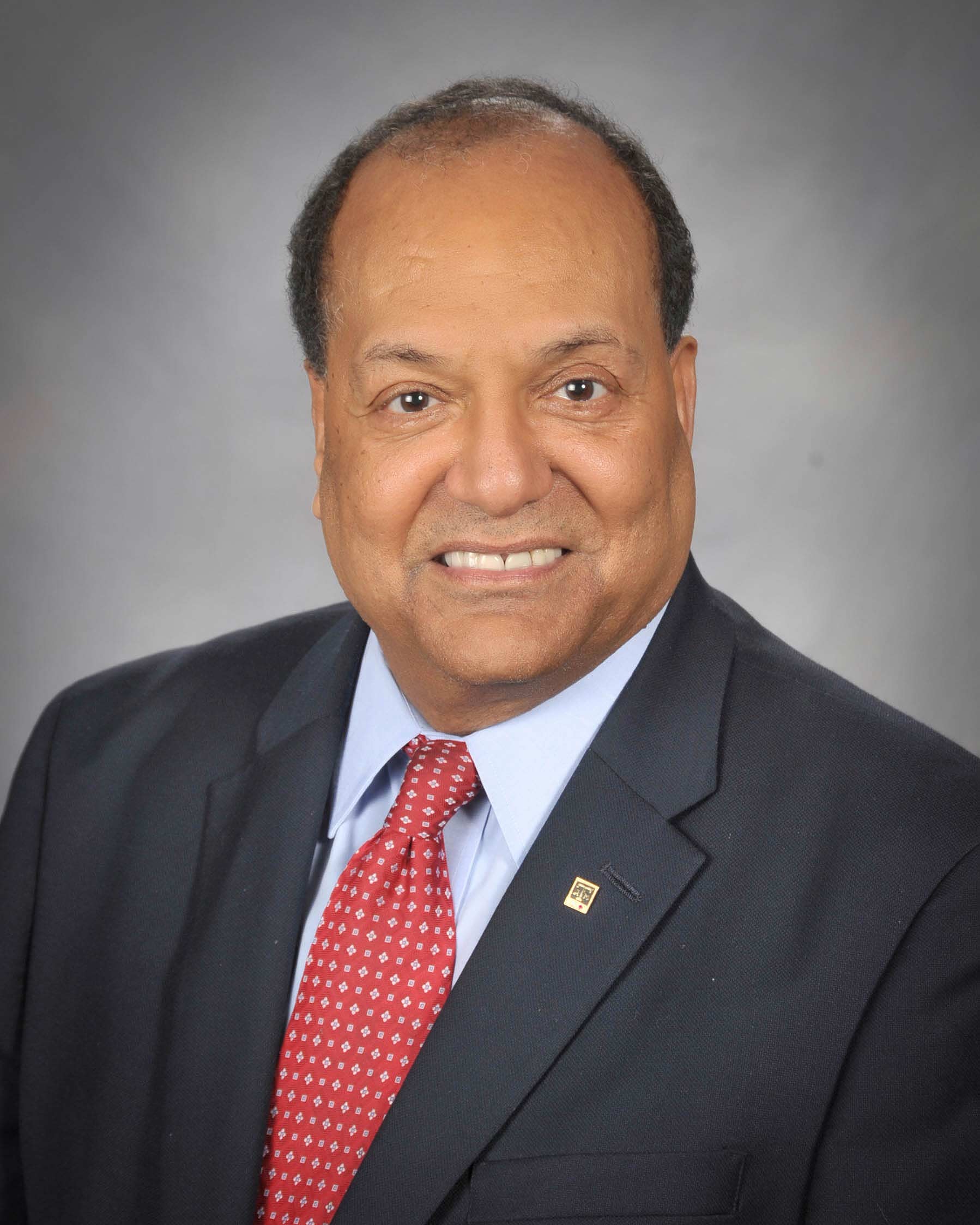Department of Nuclear Engineering

All Events
- This event has passed.
Seminar – Progress Energy Distinguished Technical Lecture: High Resolution Experiments for Modeling and Simulation of Nuclear Engineering Applications
January 30, 2020 @ 4:00 pm - 5:00 pm
Event Navigation
 Dr. Yassin Hassan
Dr. Yassin Hassan
Department of Nuclear Engineering & Department of Mechanical Engineering
Texas A&M University
Abstract
Modeling and simulation performed with advanced tools are important for thorough understanding of existing power plant response to accidents; for life extension decisions of existing plants; and to support licensing activities for new power plants. The use of computational fluid dynamics (CFD) tool in nuclear R&D has gained a significant attention due to its capabilities to predict complex flow phenomena at very fine resolutions. High-fidelity numerical simulations include direct numerical simulation (DNS) and large-eddy simulation (LES) have been considered as reliable CFD tools for the development and validation of turbulence models along with experiments. Compared to other CFD techniques, DNS is the most computationally expensive approach, and limited to flow studies at low to moderate Reynolds numbers. LES subgrid-scale (SGS) models require the specification of model coefficients that cannot be generally be used to simulate a wide spectrum of flows. Performances of LES with modified SGS model coefficients need to be verified and validated versus high-resolution experimental database or DNS results.
In this talk, we present the current state-of-the-art experimental measurements in complex geometries of measurements in complex geometries that are typically found in nuclear engineering applications, such as turbulent flows in unblocked and blocked wire-wrapped fuel bundles for liquid metal reactors; randomly packed beds for gas-cooled and molten-salt reactors, 5×5 fuel rod bundle with a spacer grid, etc. High-fidelity experimental measurements of velocity fields are acquired featuring a combination of time-resolved particle image velocimetry and matching-index-of-refraction approaches. The partially averaged Navier–Stokes (PANS) turbulence model, which is a bridging model between the Reynolds averaged Navier–Stokes model and direct numerical simulation, is also used and compared with the experimental data and LES.
Biography
Dr. Yassin Hassan is the Royce E. Wisenbaker ‘39 II Chair in Engineering, professor in the Department of Nuclear Engineering and the J. Mike Walker ’66 Department of Mechanical Engineering, Texas A&M University.
Prior to joining Texas A&M September 1986, he worked for seven years at Nuclear Power Division, Babcock & Wilcox Company, Lynchburg, Virginia. His research is in computational and experimental thermal hydraulics, reactor safety, laser-based flow visualization and diagnostic imaging techniques, system modeling, multiphase flow and advanced nuclear reactors. He is a fellow of the American Association for the Advancement of Science (AAAS), the American Nuclear Society (ANS) and the American Society of Mechanical Engineers (ASME). His awards include the 2008 American Nuclear Society Seaborg Medal, the 2003 George Westinghouse Gold Medal, the 2004 Thermal Hydraulics Technical Achievement award and the 2017 James N. Landis Medal of the American Society of Mechanical Engineers.
He is a member of the National Academy of Engineering and a member of the Academy of Medicine, Engineering and Science of Texas. Hassan was sworn in 2007 as a part-time technical judge to the Atomic Safety and Licensing Board Panel, US Nuclear Regulatory Commission. He also serves as editor-in-chief of the Journal of Nuclear Engineering and Design and is associate editor of the Journal of Verification, Validation and Uncertainty Quantification. He received his master’s and doctorate in nuclear in nuclear engineering from the University of Illinois, Urbana-Champaign and a master’s in mechanical engineering from the University of Virginia.
Room 1202 Burlington Labs
***This seminar will be streamed live on our NCStateNuclear YouTube channel***

![[Seminar] Modeling Advanced Reactors: Lesson Learnt and Some Personal Perspectives](https://www.ne.ncsu.edu/wp-content/plugins/events-calendar-pro/src/resources/images/tribe-related-events-placeholder.png)